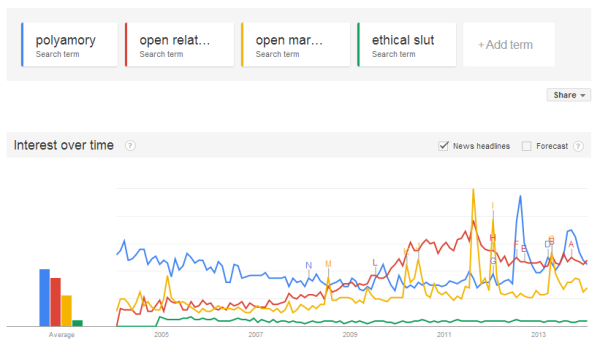Every once in a while, I am awestruck by just how drastically different my life and mindset are from someone else’s. It’s very humbling, and very mind-opening, and it just happened again at lovedbyjam’s WordPress blog, with the post “dear (possible) future husband”, which was shared by a few of my Facebook friends.
I am going to attempt to re-write the post, now, but from my mindset. I highly suggest you read her post first. Ready? Go!
Dear (Possible) Future Husband,
I’m going to start of by saying #sorrynotsorry.
I’m not sorry for my past. For being generous with my heart. For forming perceptions based on experience. For learning to trust those who are trustworthy. For having high expectations of you. I’m not sorry for my present. For being “insatiable” as some lovers have called it. For constantly searching instead of being patient. For not spending every waking thought on you. I’m not sorry for my future mistakes. For not submitting (except when there’s a safeword involved). For letting my emotions drive me at times. For occasionally trusting intuition over logic. For things beyond my control that stop me from keeping promises I damn well knew I could keep when I made them.
I’m not sorry for you. For the beautiful people you see every day, and the beautiful relationships you may have with them. For the girls who rightfully flirt with your sexy self. (I am sorry for the lie that “manhood” is being physically strong and not showing any emotions, but you and I both know that my anti- gender stereotypes game is strong!) I’m still not sorry for having high expectations of you, and don’t mind if you never meet them, as long as you always try. And just like I’m not sorry for my past, I’m also not sorry for yours, because mine made me who I am, and you love me, and yours made you who you are, and I love you.
So, #sorrynotsorry, but there’s more. I’m not scared.
I’m not scared of the bad times, because I know we’ll grow from them. Nor am I scared of not living up to your expectations, because I know you’ll let me know, and you’re worth figuring it out. I’m not scared of being a bad wife…because, um, hello, I’m awesome. And I’m not scared of being a bad mom, because how can I, if I have no intention of becoming one? I’m not scared of fighting, because make-up sex. And I’m not scared of possible financial stresses, because I know that ultimately that does not matter (even though it causes many divorces, so maybe it does matter, so really, I’m not scared because I’m pretty financially independent, thank you very much).
So, I’m #sorrynotsorry, #sorrynotscared, but you know what? I am excited.
I’m excited to meet you. I’m excited for you to experience my awkwardness. I’m excited for the mountains (and the oceans). For the jokes and laughs. For the happy tears. For our future children, if the Lord wills it. For serving the Lord together. For cooking dinners for two instead of one. For dancing and singing in the kitchen. For worship and fellowship in the family room. For the deep conversations. For working the mission field, whatever that may look like. I’m excited for the valleys (and the lakes!). For the trials that will shape our relationship. For the times that we can only get through because of our love for the Lord and His grace. For the times where all we can do is turn to His word because we are without words.
I’m #sorrynotsorry and #sorrynotscared and excited. You may be two months or fifty years away. Maybe our future will never happen. Maybe you and I are each destined to change other lives in other ways. I hope that, whatever the case, you are living your life in a way that makes you happy, just as I am living mine in a way that makes me happy, no matter how many temptations that means each of us gives in to. I hope that we are both leaders in our lives, but both know when it’s appropriate to follow. Most of all, I hope that you’re not wasting your time writing a letter like this to me, because there are more important things in life than sitting around waiting for another person to bring meaning into your life when you could be doing it yourself.
Love,
Your (possible) future wife.












